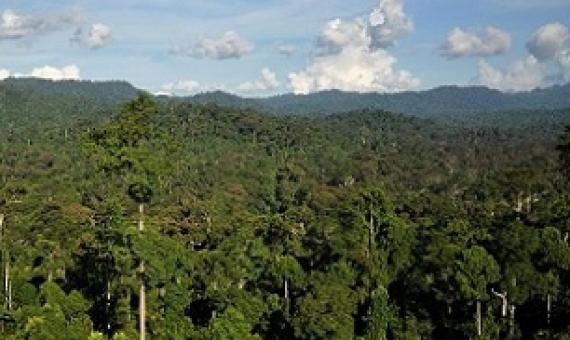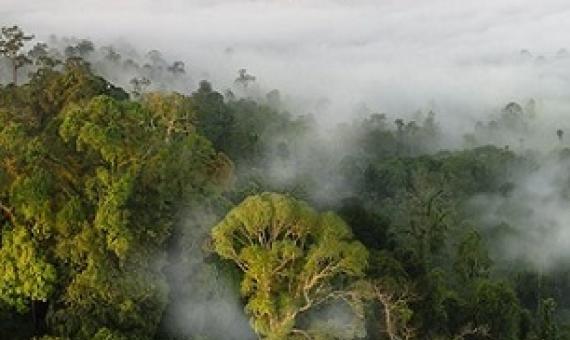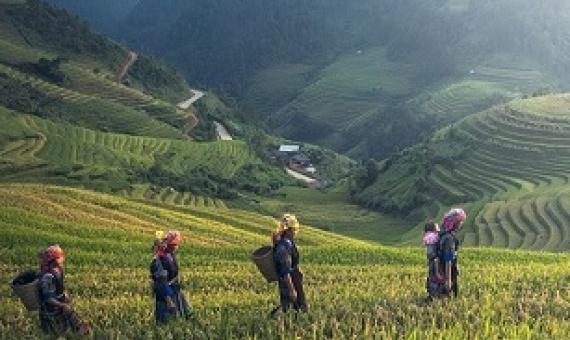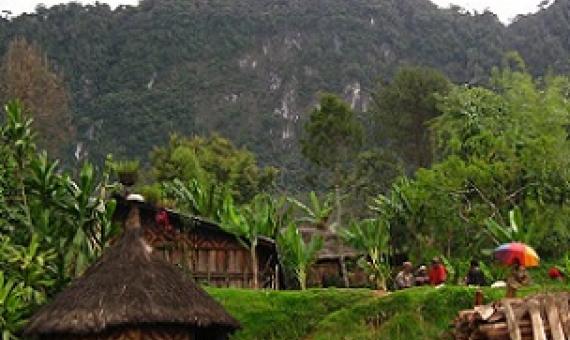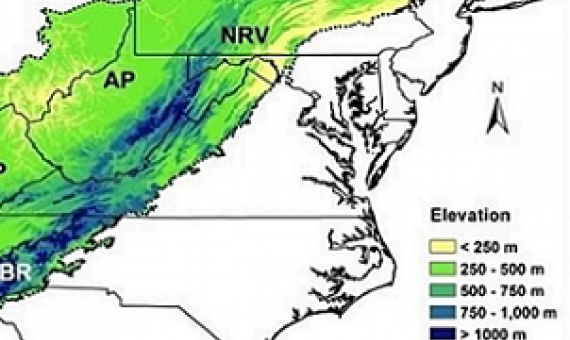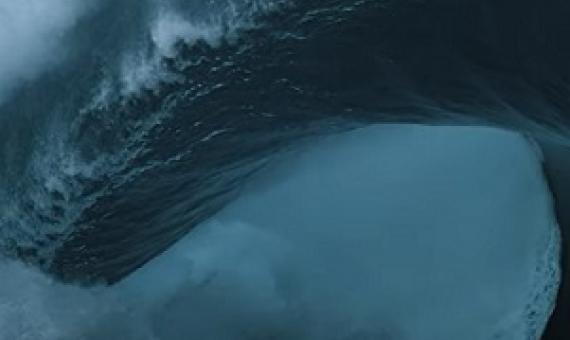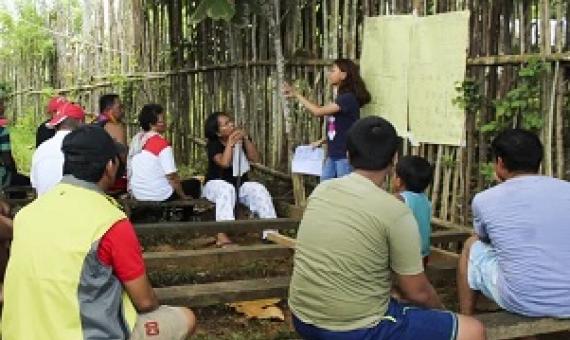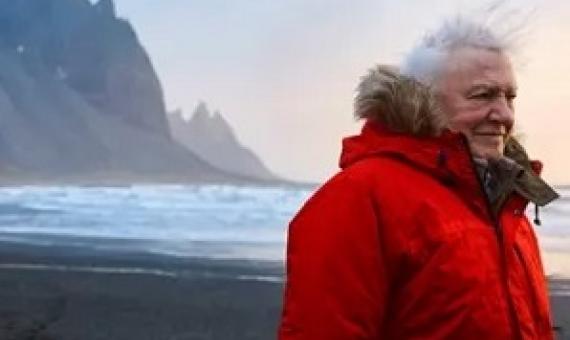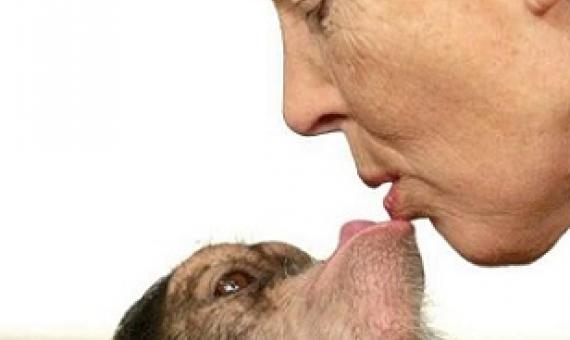Nearly a third of the world’s oceans and land should be protected by 2030 to stem extinctions and ensure humanity lives in harmony with nature. That is the suggestion from 195 countries in a proposed United Nations plan to tackle the global destruction of nature.
The global economy faces annual losses of $2.7 trillion by 2030 if ecological tipping points are reached and countries fail to invest more in protecting and restoring nature, the World Bank said on Thursday, calling for a greener COVID-19 recovery.
Five Simon Fraser University scholars are among international scientists sounding an alarm over the "pervasive social and ecological consequences" of the destruction and suppression of the knowledge systems of Indigenous Peoples and local communities.
The women of remote Western Santo are demonstrating sustainable livelihoods through an environment-focused locally led gender empowerment program. Now one year and three months after the devastating impact of Cyclone Harold, Western Santo has seen almost no external recovery support.
Teine Sogan loves to be surrounded by flowers, shrubs, flora and fauna.
As temperatures and sea levels rise as a result of climate change, flora and fauna are migrating into new and unknown lands to survive.
With the Nature Is Speaking series, Conservation International gives nature a voice. The goal: To reframe why conservation is important and reinforce a simple message — Nature doesn’t need people. People need nature.
In a lush swath of tropical forest on the eastern coast of Mindanao, the second-largest island in the Philippines, you can glimpse the brilliant plumage of the rare rufous-lored kingfisher or — if you’re lucky — hear the shrill cry of the large Philippine eagle, a critically endangered species.
A newly released Netflix documentary, “Breaking Boundaries: The Science of Our Planet,” features David Attenborough and Johan Rockström, one of the scientists who introduced the concept of planetary boundaries. While the film suggests that the planet requires urgent repair, it also offers a
Humanity needs to discover a "new mindset for our survival" as the world exits the pandemic only to face the looming dual crises of climate change and nature loss, renowned conservationist Jane Goodall said Thursday.

